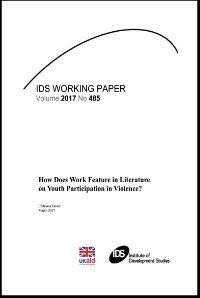By Susan J. Terrio
In October 2005, three weeks of rioting erupted in France following the accidental deaths of two French boys of North African ancestry. Killed while fleeing the police, these boys were deemed dangerous based largely on their immigrant origins. In France, disadvantaged children of immigrant and foreign ancestry represent the vast majority of formal suspects and have increasingly been portrayed as a threat to public safety and as the embodiment of the assault on French values.Despite official rhetoric of protection, Judging Mohammed reveals how the treatment of these children in the juvenile courts system undermines legal guarantees of equality and due process and reinforces existing hierarchies. Based on five years of extensive research in the largest and most influential juvenile court in France, this work follows young people inside the system, from arrest to court trials. Revealing an alarming turn toward accountability, restitution, and retribution, this groundbreaking study uncovers the disquieting reasons behind France's shifting approaches to the identification, treatment, and representation of its delinquent youth.
Stanford, CA: Stanford University Press. 2009. 369p.



